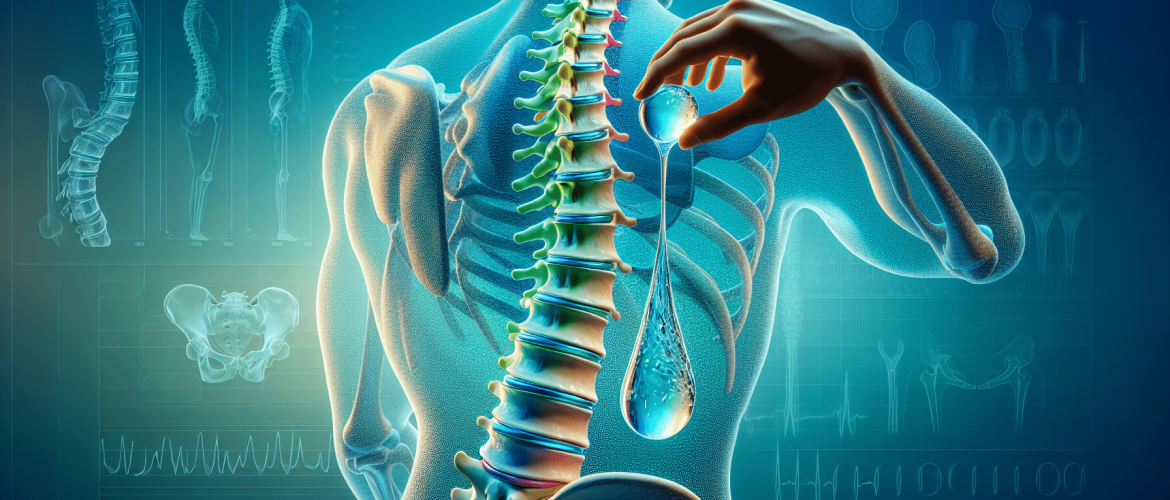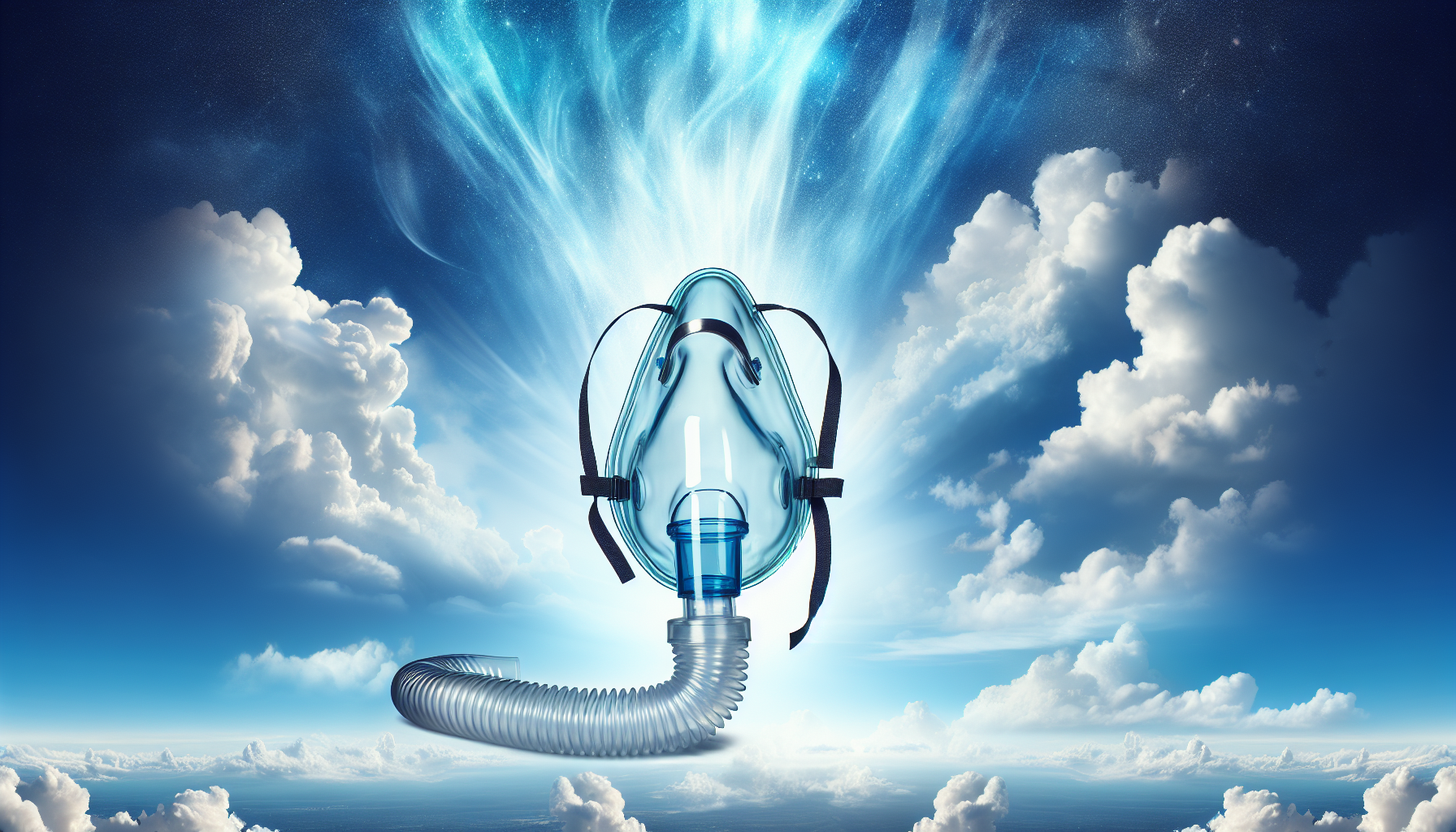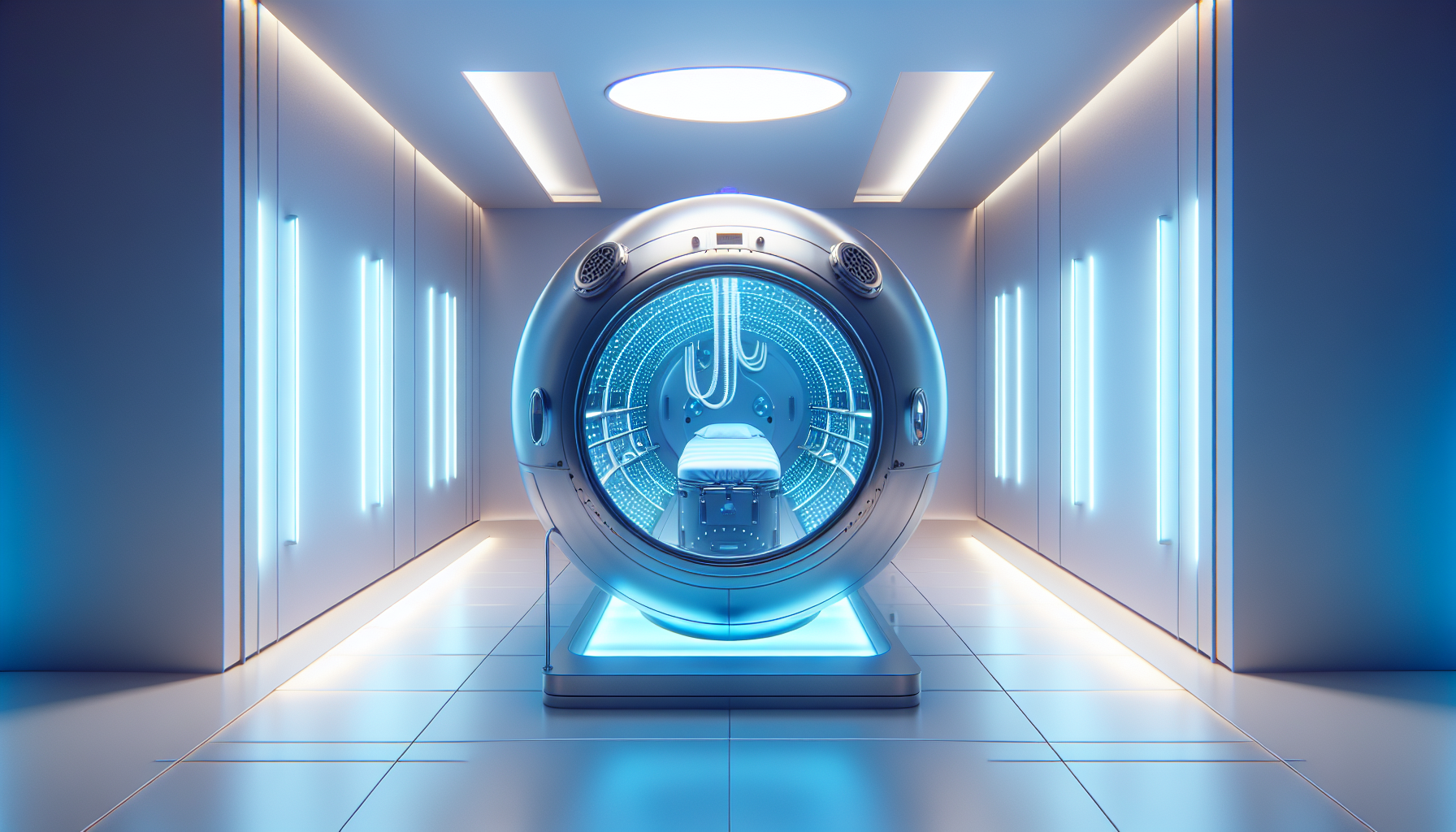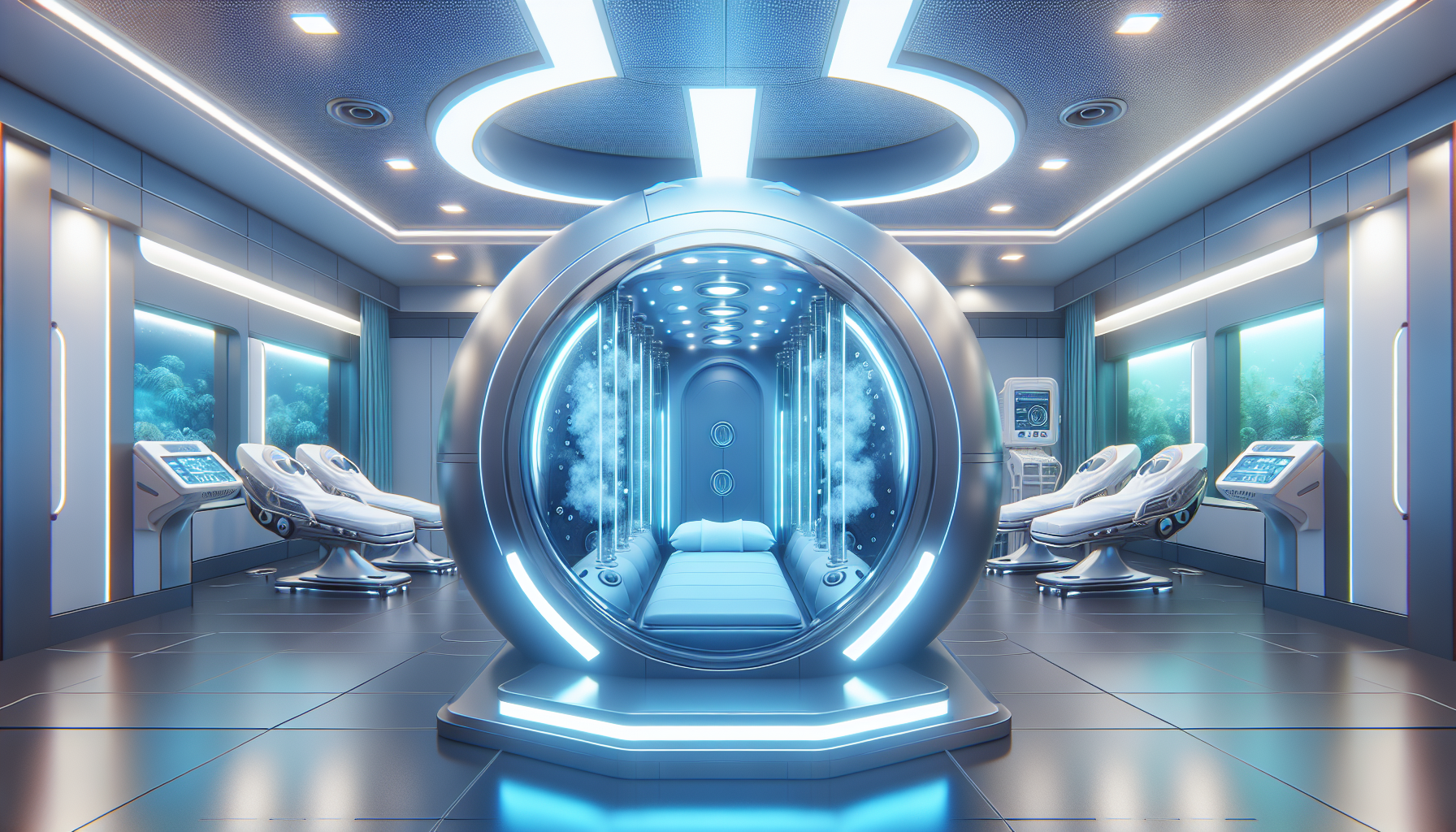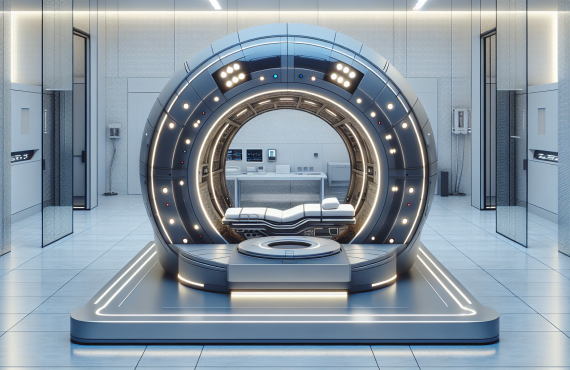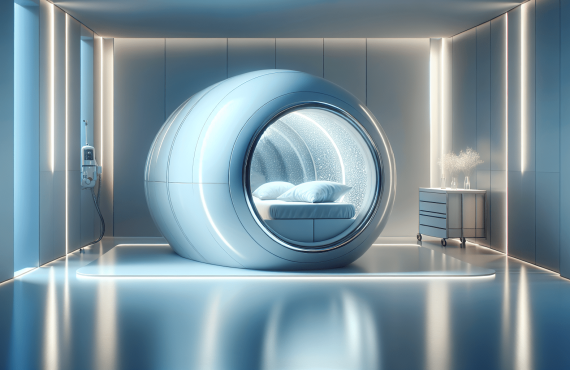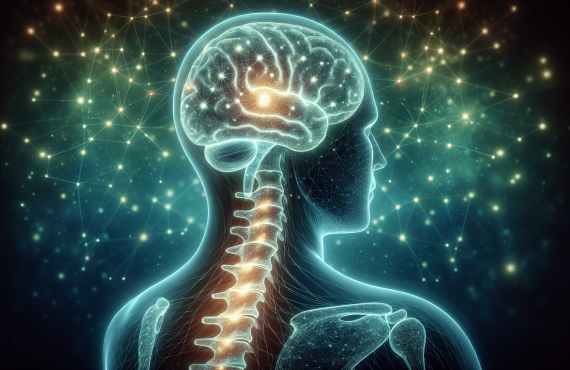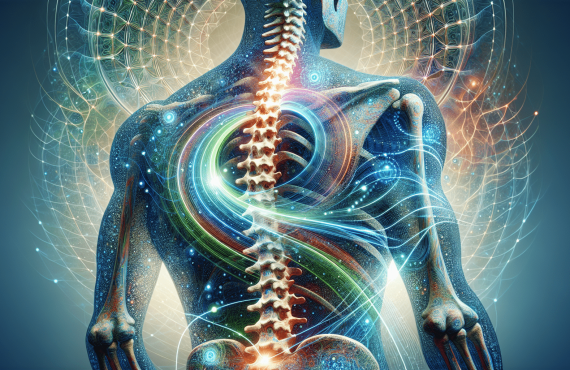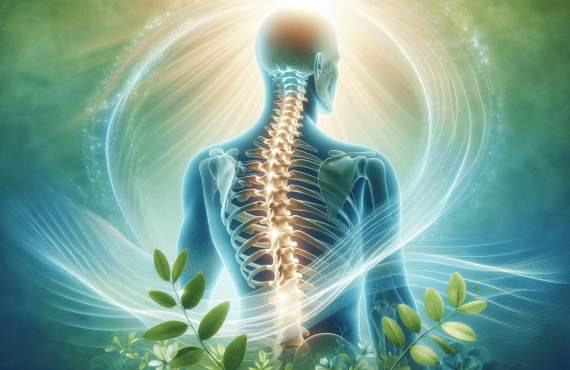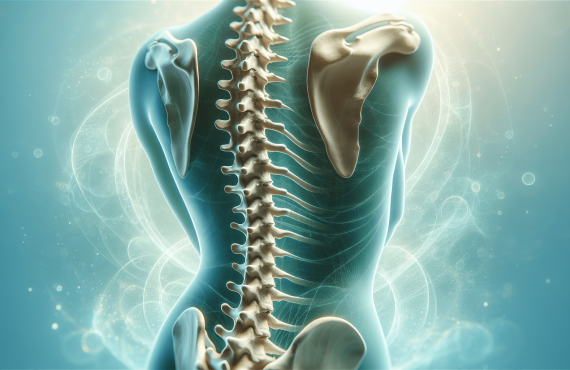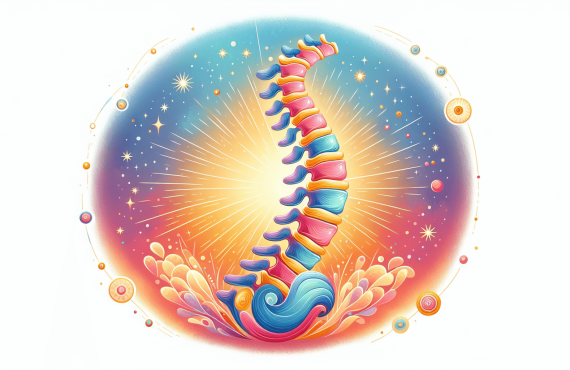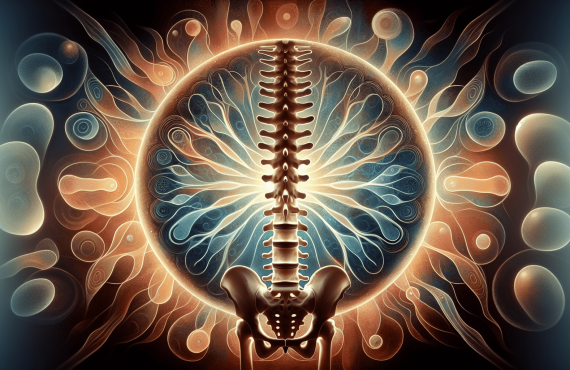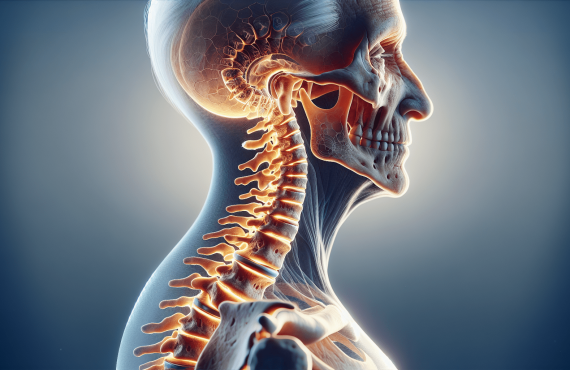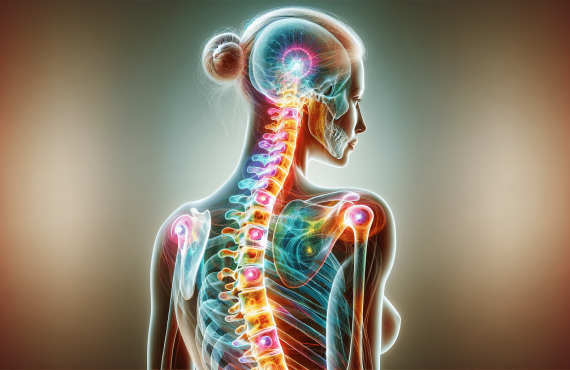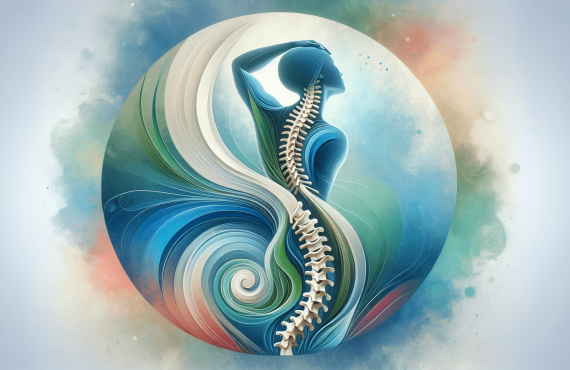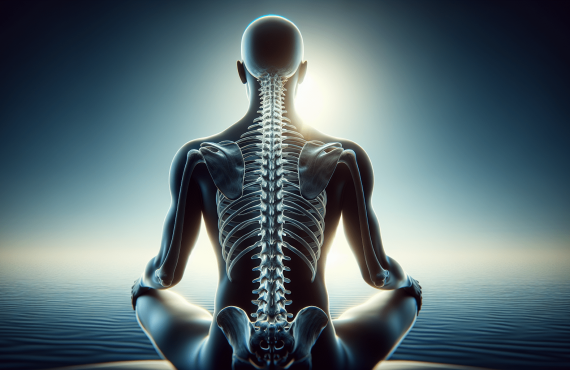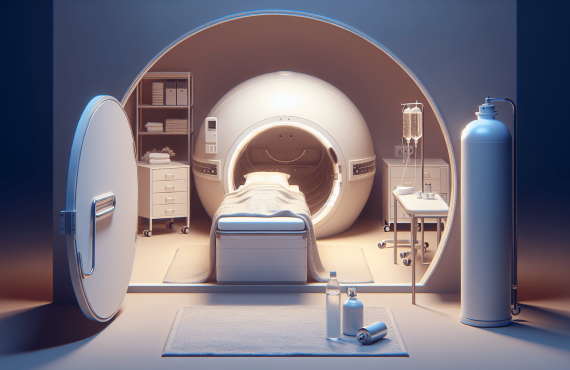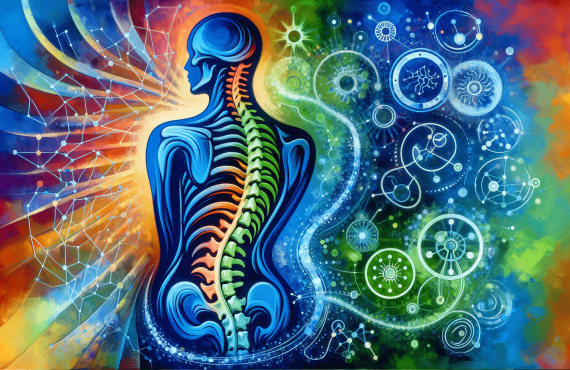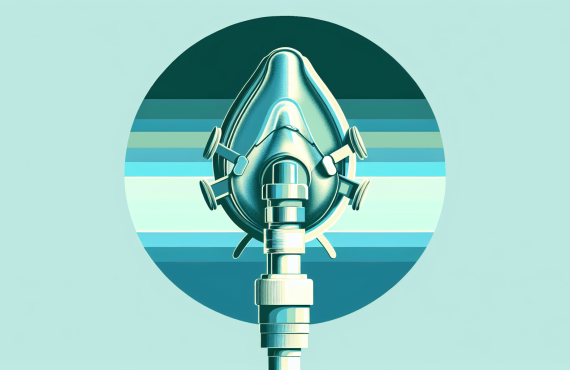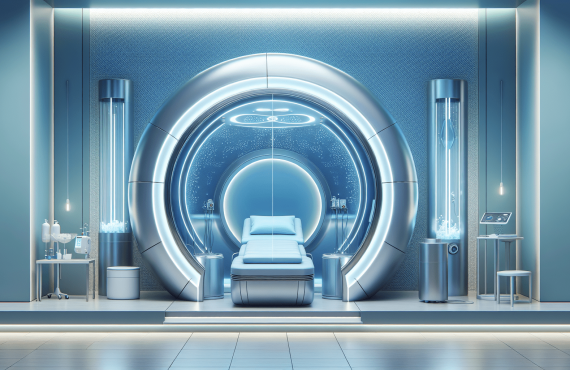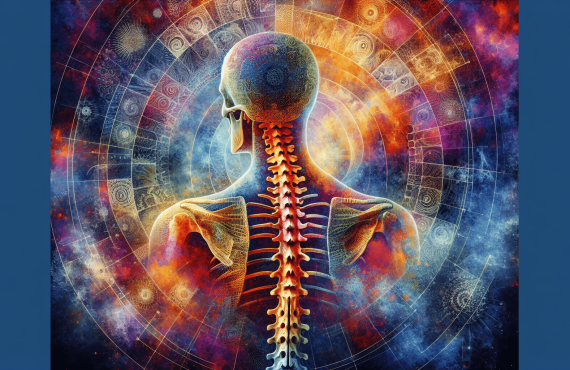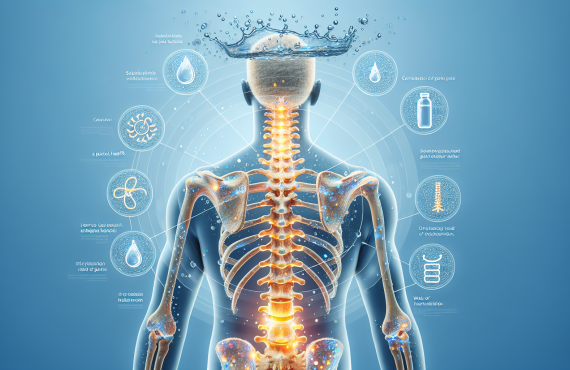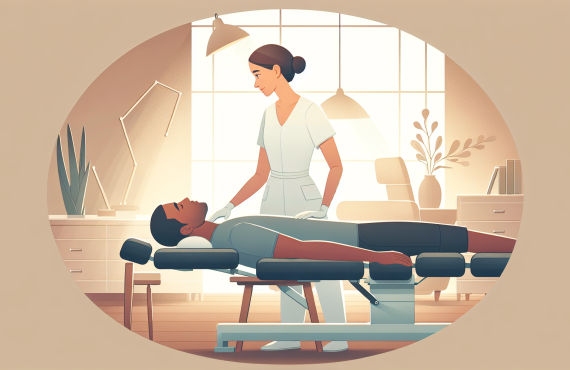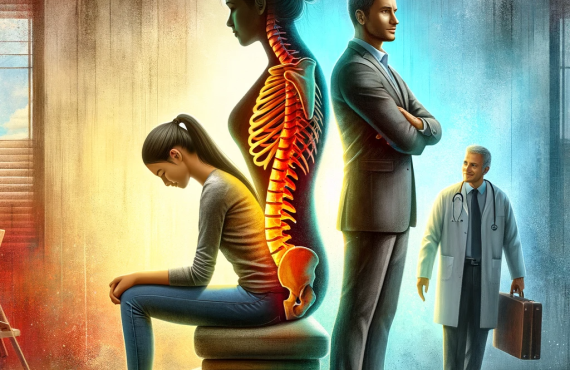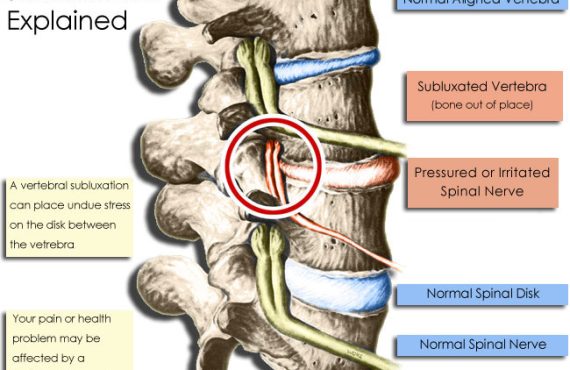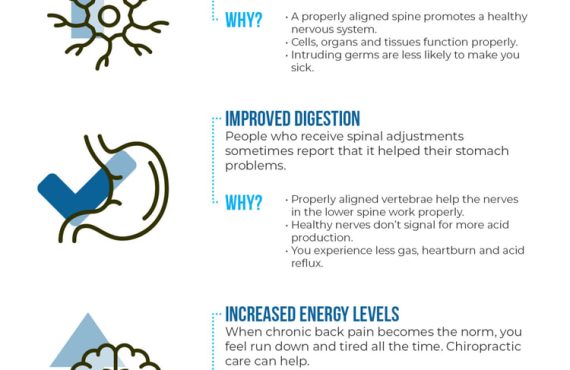Have you ever wondered why staying hydrated is so essential, not just for your overall health but specifically for your spinal health? It’s one of those things that we often overlook, thinking that a few extra gulps of water might mostly affect our energy levels or skin complexion. But the truth is, your spine actually has a lot to gain—or lose—based on your hydration levels. Let’s unravel this interesting relationship between hydration and spinal health.
Table of Contents
Why Hydration Matters to Your Spine
When you think of staying hydrated, your brain or muscles might come to mind first, right? You imagine chugging that bottle of water helps keep your thoughts clear and muscles agile. But your spine, often called the pillar of the body, also craves hydration for very good reasons. Each of your spinal discs, which act as the cushions between your vertebrae, is composed of roughly 80% water in their healthy state. This water is crucial for keeping them pliable and able to absorb the shocks that happen during everyday movements.
The Science Behind the Spine and Water
To keep things digestible, think of each spinal disc as a well-packed gel pack. With enough hydration, it remains firm and supportive, effectively protecting your vertebrae. When you don’t drink enough water, these discs start to lose their hydration balance. Just as a dried-out sponge appears saggy and ineffective, so do your spinal discs when under-hydrated. This lack of moisture can lead to a decline in their shock-absorbing abilities, leading to discomfort or even pain.
Symptoms of Poor Spinal Hydration
You might not even realize it, but that unexpected back pain could be your spine’s way of crying for more water. Similarly, a stiff neck or persistent tension could also be clues. Dehydration reduces the spine’s ability to naturally lubricate the vertebrae, exacerbating these discomforts. Imagine trying to perform a dance move with rusty joints. Not exactly a pretty picture, is it?
Understanding Spinal Discomfort and How to Alleviate It
If you’ve ever felt like your back has betrayed you, then you know how even minor discomfort can strongly impact your daily life. That nagging pain can prevent you from doing things you love, whether that’s dashing out for a jog or simply chasing after your dog. Knowing more about the spine is your best card to play against these aches and pains.
The Importance of Recognizing the Early Signs
In many cases, a little bit of discomfort is like the tip of an iceberg. It might start small, a slight twinge when you bend over or a persistent ache while sitting at your desk. Over time, these tiny signals can evolve into chronic pain. That’s when things take a turn for the troublesome.
Changing Your Hydration Habits
You’ve heard it before but it bears repeating: drink plenty of water. If you relate more to a camel with your hydration habits, polish up that metaphor and drink even more water. Aim for about half of your body weight in ounces every day. This simple tweak in your routine might just be what your spine needs to stay in its best condition.

Different Factors Affecting Spine Health
One size hardly ever fits all, especially when it comes to health. In this section, we’ll dig into other lifestyle factors and environmental elements that affect your spine. Because, believe it or not, your choices and circumstances hold power over muscle and bone well-being.
Daily Habits and Lifestyle
First, let’s talk about posture. Not just how you sit, but the entire ensemble of your daily habits plays a role. Be it lounging on the sofa or working hard at your desk—were you keen on keeping a good posture, or have you become a hunchback in progress? Keep in mind, consistent slouching and poor ergonomic choices can raise havoc on your spine.
Diet and Nutrients
Your spine needs more than just hydration—nutrients like calcium and vitamin D are also its allies. What does your diet feed you? If you’re living off ramen noodles and energy drinks, it may be time to reassess. Consider incorporating foods that nourish your spine by delivering essential nutrients.
Stress on the Body
Emotions could be playing a part too. Stress and anxiety might find a home in your neck or lower back, tightening muscles considerably. Learning to identify triggers and addressing them can significantly ease the undue pressure on your spine.
Hydration Tips for Better Spinal Health
By now, you might be thinking, “I get it, I need to drink more water.” But how can you subtly weave this into your life without feeling like you’re forcing yourself? Here’s how.
Starting Small and Building Up
If you find yourself struggling to meet hydration goals, begin with setting small, manageable objectives. Start your morning with a full glass of water, and keep a bottle by your side throughout the day. Make it as easy as reaching for it during breaks or before meals.
Customize to Fit Your Lifestyle
Customize your approach to what suits your life. If you’re addicted to apps, set reminders to drink water. If you love socializing, make catching up with friends over a cup of hydration a new norm—whether that’s herbal tea or a fresh smoothie.
Mixing It Up
Not a fan of plain water? No problem. Infuse it with slices of lemon, cucumber, or a handful of berries to add flavor without sugars. You could even try chilled herbal teas to switch things up.

A Sneak Peak Into Chiropractic Solutions
So, you’ve optimized your water intake, but still experience discomfort. What next? This might be the perfect time to explore chiropractic care, a dynamic option known to aid spinal health and comfort.
The Role of Chiropractic Care
Simply put, chiropractic care focuses on diagnosing and treating mechanical disorders of the musculoskeletal system, especially the spine. By using manual adjustments and other treatments, chiropractors can alleviate back pain, restore mobility, and enhance overall functionality.
How a Chiropractor Can Help
Chiropractors like Dr. Craig Henry and Dr. Aaron Hixon at Henry Chiropractic in Pensacola are dedicated to boosting health and longevity through spinal care. Whether it’s through delicate adjustments or lifestyle advice, these experts can make substantial improvements to how your back feels and functions.
Choosing the Right Chiropractor
When considering chiropractic care, choose a provider you trust. This includes researching credentials, experience, and patient reviews. A consultation can offer you insight into what to expect and how it fits into your health routine.
Cases Where Spinal Health Needs Extra Help
There are situations where despite best efforts, factors beyond control affect spinal health. Let’s touch upon these briefly as awareness can be a pathway to taking timely action.
Age and Chronic Conditions
Age and chronic conditions—conditions like arthritis or osteoporosis—naturally affect your spine. While no one can turn back time, targeted care, and special attention go a long way toward managing spinal health as you age.
Injuries and Recovery
The spine is not immune to life’s accidents. Whether it’s a slip, fall, or a car accident, injuries to the spine require immediate and often ongoing care. From physical therapy to chiropractic adjustments, recovery can be challenging but achievable.
Creating a Balanced Approach to Spinal Health
Finally, wouldn’t it be wonderful to combine all these elements in a way that’s not burdensome? A holistic approach brings long-lasting results, considering all aspects of your lifestyle.
Emphasizing Consistency Over Perfection
Pattern your spine care routine in a way that puts consistent practice over perfect performance. Every single effort adds up, from drinking adequate water to maintaining good posture and seeking routine chiropractic care.
Involving All Family Members
Involve family members in spinal health conservation. Share your water challenge journey and plan active outings or yoga sessions together. Transforming this into a collective family initiative can promote better habits for everyone.
Incorporating Flexibility and Stretching
Integrate exercise that focuses on flexibility and strengthening muscles supporting the spine. Occasional yoga or Pilates could work wonders, leaving your body limber and in tune with itself.
The link between hydration and spinal health is vivid, yet often overlooked. Ensuring you stay adequately hydrated can make a significant difference in spinal comfort and function. If you’re seeking professional help to further support this relationship, consider visiting Henry Chiropractic in Pensacola, where Dr. Craig Henry and Dr. Aaron Hixon provide dedicated care and a wealth of expertise. Here’s to healthier spines and a happier you!


